Inspired
From Banking to Broadcast: Rosemary Egabor Afolahan on Leadership, Storytelling, and Making an Impact
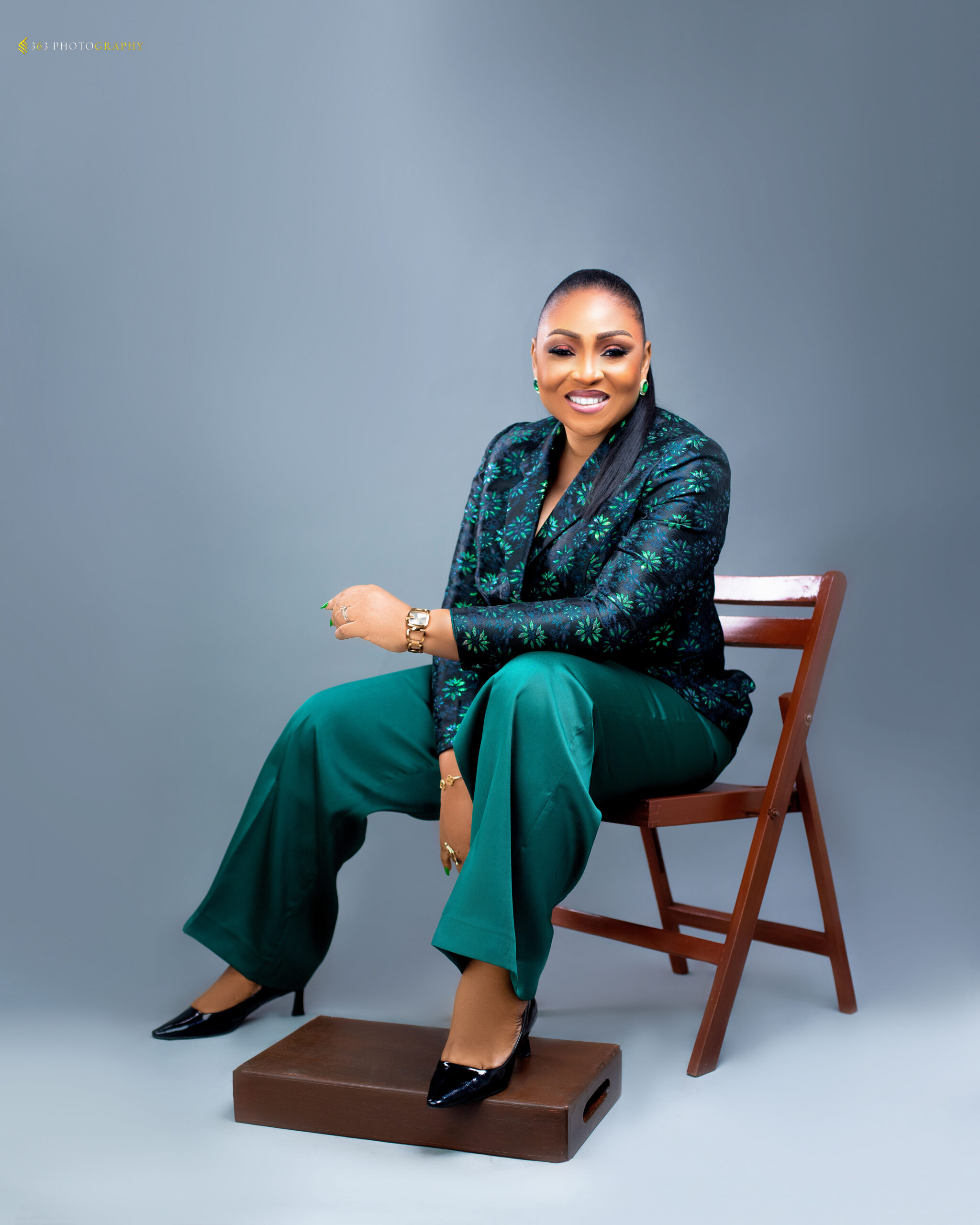
Just recently, Rosemary Egabor Afolahan was recognised at the Women in Marketing and Communications Award 2025, a moment that celebrated her decades-long journey of shaping narratives, building brands, and mentoring the next generation of communicators
So who is Rosemary? She is a media and communications professional whose career has spanned banking, oil and gas, IT, and broadcast media. She has managed major corporate accounts and led campaigns for global brands like Google and Microsoft. She also played a big role in building pan-African news broadcasting that now reaches audiences in 42 countries across sub-Saharan Africa. Throughout her career she has turned challenges into opportunities and ideas into results
In this conversation she talks about the lessons she has learned along the way, how she approaches building meaningful brands in a fast-changing digital world, and the moments that have shaped her approach to leadership and storytelling.
Read on to hear her insights and find out how she has navigated a remarkable career.
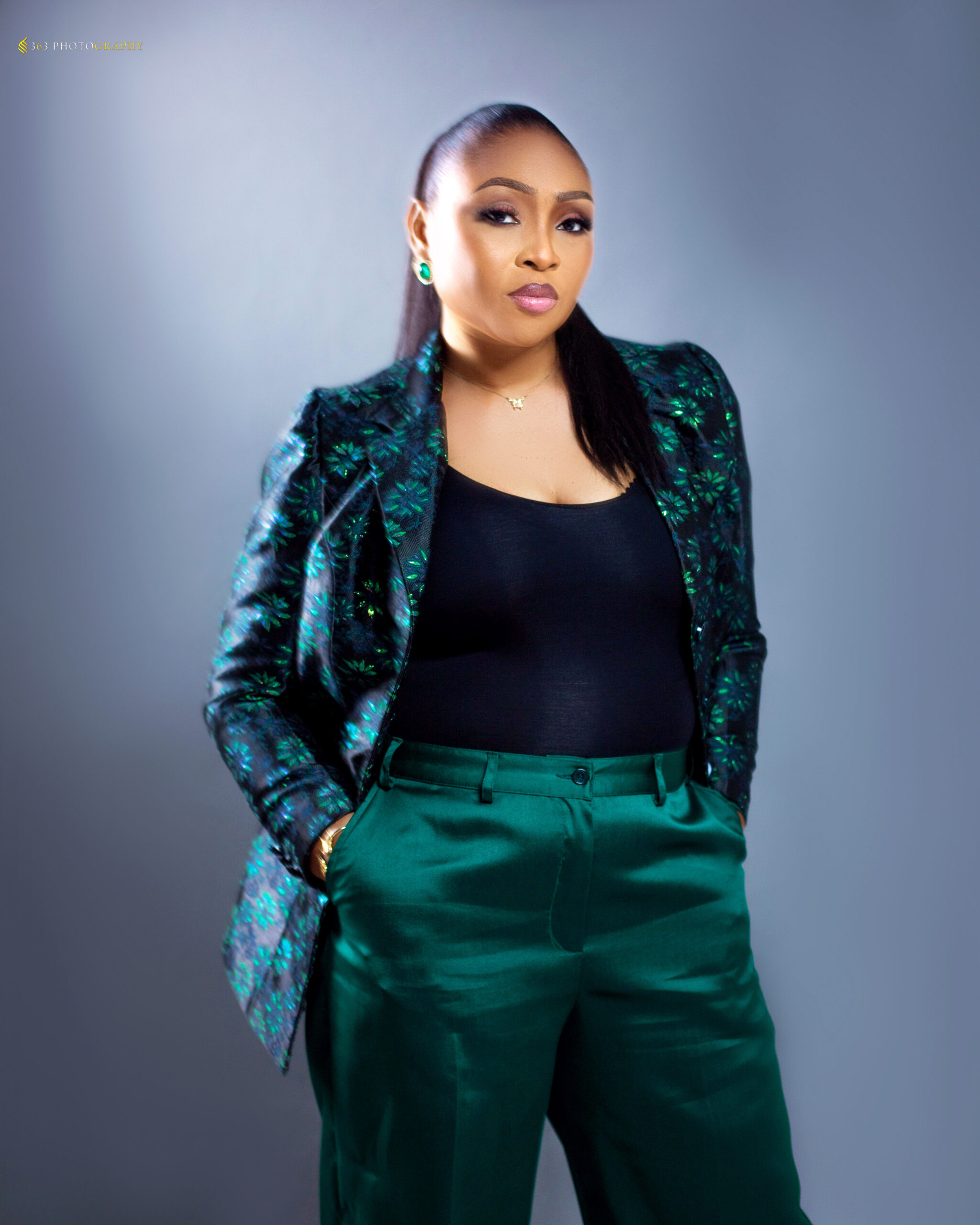
Hi Rosemary, it’s so great to speak with you. How are you feeling today?
I am doing very well, grateful to God for keeping me alive till this day
You’ve built such a diverse career across banking, oil and gas, IT, and now media and communications. Tell us a bit about your career journey so far.
I actually started my career at Spring Mortgage Bank, which was a subsidiary of Spring Bank back in 2006, before the massive mergers and acquisitions that reshaped Nigeria’s banking sector. After some time there, I moved to First City Monument Bank (FCMB) where I worked in Corporate Banking, specifically in the Telecoms, Media and Technology Division.
That period was a major turning point for me because I got to understand the core of commercial banking — quite different from the transactional dynamics of mortgage banking. At FCMB, I managed some really exciting accounts like Econet Wireless (which evolved into Celtel, Zain/Bharti and now Airtel), Multilinks, Helios Towers, and several cell site contractor accounts. It was a demanding role, but I learned so much and built the resilience that’s helped me throughout my career.
After FCMB, I ventured into entrepreneurship a few times, but I found myself drawn back to the corporate space. I did a stint in Oil and Gas servicing before eventually transitioning into Communications at Quadrant MSL. Working there was almost like an intensive training program because the creative and PR world was completely different from what I’d known in banking.
At Quadrant MSL, I grew into a Senior Public Relations Executive, managing major brands like Google, Microsoft, Ecobank, Fidelity Bank, Intel, Coca-Cola corporate, Fanta, and 5 Alive, among others. I was fortunate to work under incredible mentors like Bolaji Okusaga and Tosin Adefeko (who is now the Managing Director of AT3 Resources and doing great work with Podfest Naija).
Interestingly, my transition from banking to PR kept me connected to the media — from financing broadcast organizations to executing PR campaigns through media channels. So, when the opportunity came to move into news broadcasting, it felt like a natural progression.
My first full media role was with NN24, Nigeria’s first 24-hour news station. Later, I worked closely with Kayode Akintemi to set up Plus TV Africa, and eventually joined a 19-member pioneer team to establish News Central TV. It’s been seven years since then, and I’m extremely proud of how far we’ve come — building what is now a pan-African news brand broadcasting to 42 countries across sub-Saharan Africa.
It’s been a fulfilling journey, full of learning curves, challenges, and growth. Every stage prepared me for the next, and I’m grateful for the chance to contribute to shaping narratives across industries — from finance to media.
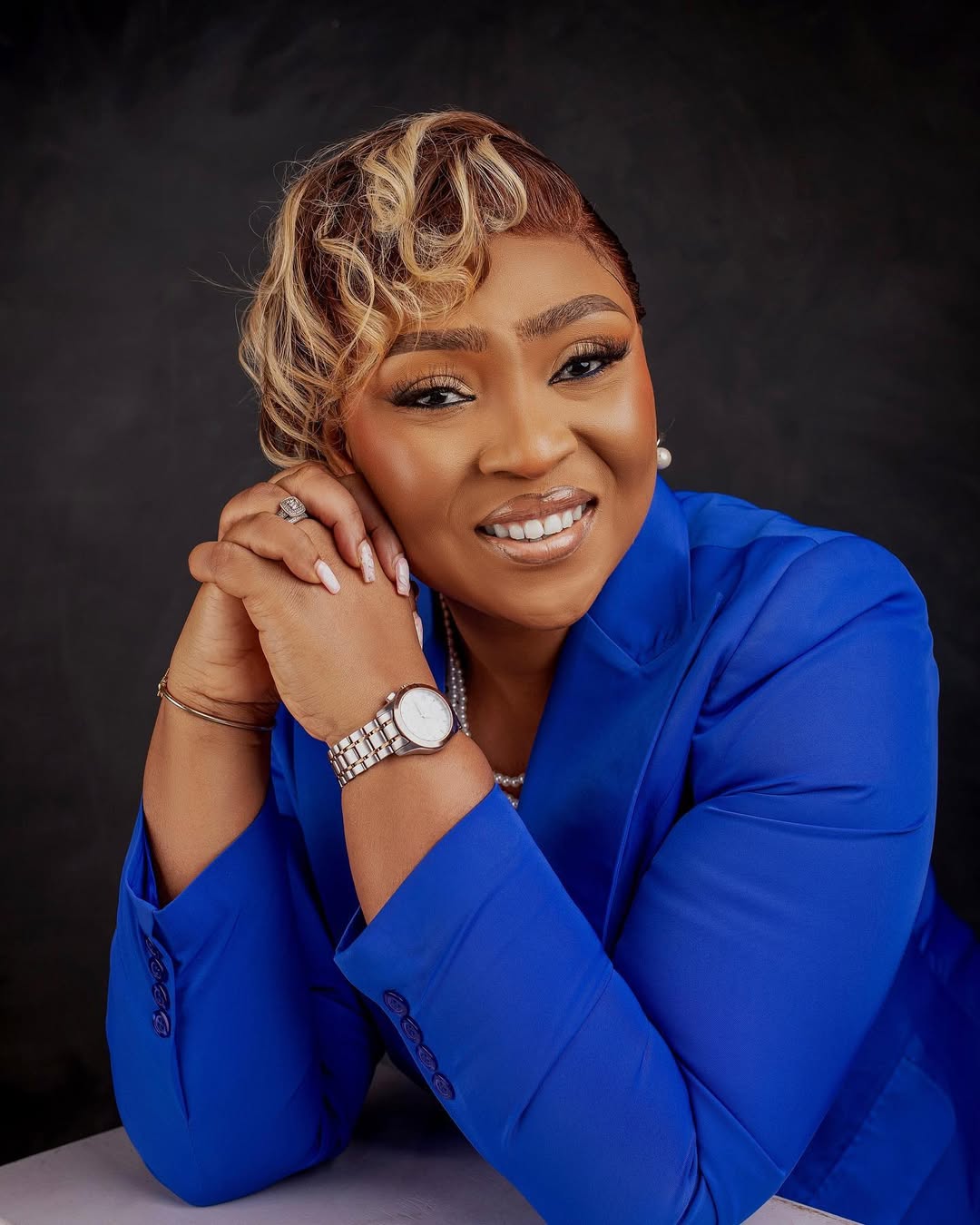
What inspired your move from the corporate world into media and communications?
Interestingly, media wasn’t entirely foreign to me. My late uncle, High Chief Raymond Dokpesi, ran one of the biggest media organizations in Nigeria, and the station is still thriving today. I sometimes joke that there’s something about Edo people and media, because somehow we always find our way into it.
But the person who really nudged me into the industry was Dr. Ken Onyeali Ikpe, who was then the Group Managing Director of Insight Communications. He was working closely with the founder to set up NN24, which was Nigeria’s first 24-hour news channel, and he encouraged me to give it a try. I did — and honestly, I have no regrets.
That decision marked the beginning of my full-time media journey. After NN24, I worked closely with Kayode Akintemi to help set up Plus TV Africa, and later joined a 19-member pioneer team to establish News Central TV. It’s been seven years since then, and I’m incredibly proud of how far we’ve come — building a pan-African news brand that now broadcasts to 42 countries across sub-Saharan Africa.
It’s been a fulfilling journey, full of learning curves, challenges, and growth. Every stage — from banking to PR to broadcasting — has added something unique to my story, and I’m grateful for it all.
Considering the rapid shifts in audience behavior and technology, how do you approach building a good strategy for a brand or project in today’s world?
In all the shifts we see in consumer behavior, one thing remains constant — the need. Every consumer action stems from a need, and any successful brand strategy must start from that understanding. Whatever idea or strategy you’re developing, your brand must ultimately solve a problem.
That means you have to do your homework — proper market research to identify the gaps in your industry, understand what’s missing, and determine how your brand can fill that void. Once you get that part right, you’re already halfway to building a strong and effective brand strategy.
Secondly, with the constant evolution of technology, brands must be willing to meet their customers where they are. In the world of news broadcasting, for instance, digital is both the now and the future. So at News Central, we focus on delivering our content in formats and styles that appeal to our audience across digital platforms.
For brands in any industry, the message is simple — don’t get left behind. The world is changing fast, and your ability to adapt and evolve with technology trends will determine how relevant your brand remains.
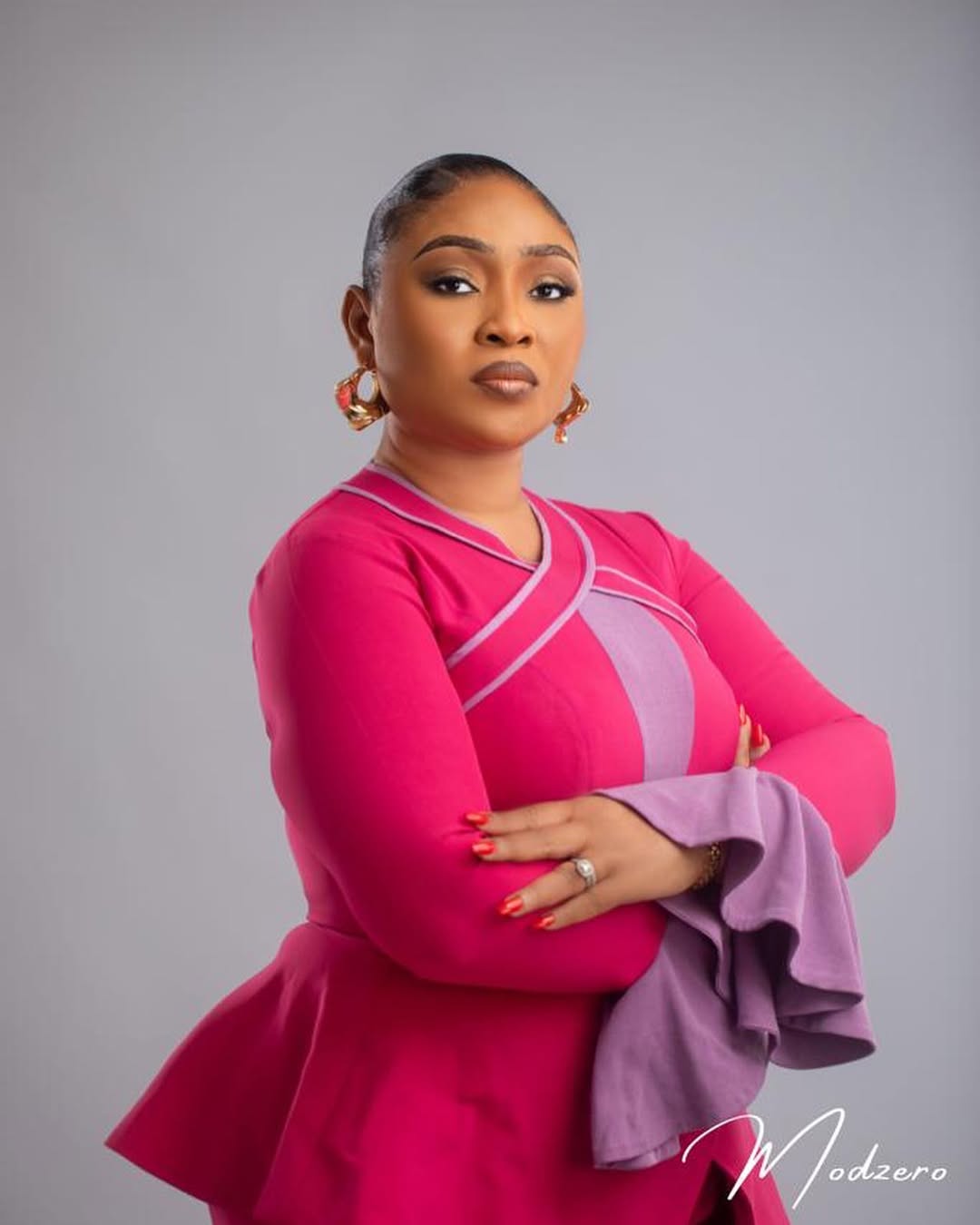
Storytelling and digital media have become powerful tools for shaping perception and influence, how do you see these tools shaping the future of business and communication in Nigeria?
I think the digital space has completely transformed the way businesses operate. Today, e-commerce and retail have become easier and more accessible — lifestyle, shopping, and even service delivery can all happen seamlessly online. It has opened up incredible opportunities for brands to reach customers directly and build stronger connections.
However, when it comes to the media and communications space, the digital era comes with its own challenges. One major concern is the proliferation of fake news. While it’s great that news is now more accessible and people can get information in real time, it’s also true that misinformation travels just as fast — sometimes even faster.
So, there’s still a lot of work to be done in terms of using digital media as a tool for verification and accountability — to fact-check stories, uphold journalistic standards, and ultimately control the narrative in Nigeria’s information space. It’s about striking a balance: leveraging digital innovation while maintaining the integrity and credibility that true journalism demands.
What emerging trends in digital communications or consumer behavior excite you the most for future business growth and visibility in the Nigerian market?
For me my top 2 will be the Rise of Social Commerce-The fusion of e-commerce and social media continues to expand. Nigerians are increasingly discovering, reviewing, and purchasing products directly through platforms like Instagram, Facebook, and WhatsApp. Influencer collaborations and community-driven marketing will keep driving conversion rates upward.
Also Personalization Through Data and AI- Businesses are beginning to harness data analytics and AI to deliver personalized content and experiences. Nigerian consumers, especially Gen Z and millennials, respond better to brands that “see” and “speak” to them individually — not as part of a mass audience.
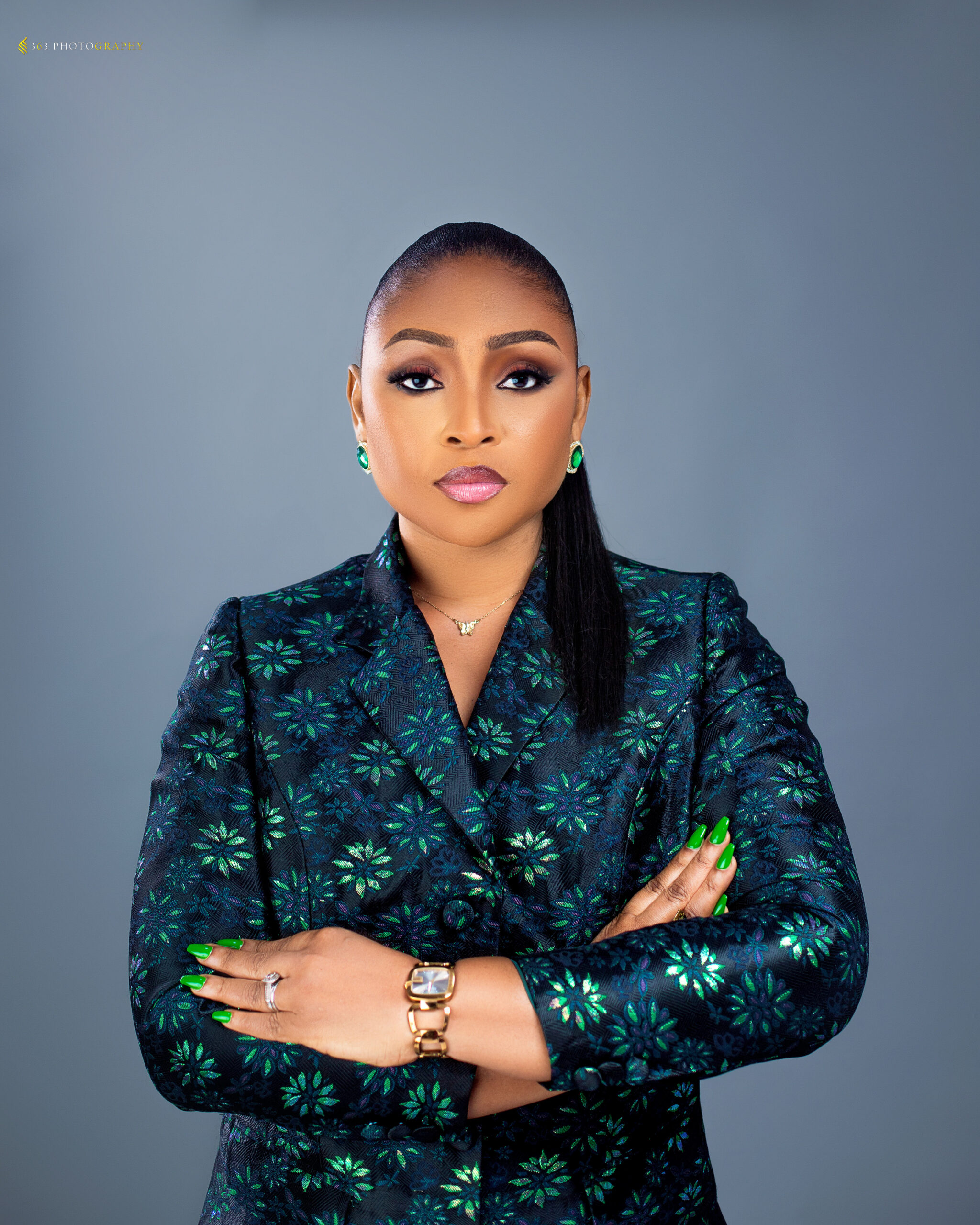
What are the top crucial lessons you’ve learned from working across different industries that young professionals can immediately adopt?
I always tell anyone who cares to listen that it’s important to network. Everything we aspire to achieve — the opportunities, the jobs, the partnerships — they all flow through people. Relationships are the real currency in every industry. And it’s crucial to build these connections before you need them, not when you’re desperate for them.
Secondly, I’ve written quite a bit about clarity — the ability to explain complex ideas in a very simple and relatable way. It’s a skill everyone should develop. I’ve seen people with fantastic ideas struggle to get funding or buy-in simply because they couldn’t communicate their vision clearly. If you can’t make people understand your idea, it’s as good as it not existing.
Lastly, and perhaps most importantly, is emotional intelligence. The ability to regulate your emotions, especially in tough situations, is a skill that can make or break your career. If you don’t have emotional intelligence, trust me, you won’t go very far. I learned this the hard way — midway through my career, a situation made me a corporate casualty, and that experience taught me the value of self-awareness, empathy, and composure.
These three things — networking, clarity, and emotional intelligence — have shaped how I work, lead, and connect with people. They’ve been my biggest growth lessons, both professionally and personally.
Finally, when you look back on your career so far, what specific turning point reshaped your approach to business and leadership?
Working for a station that’s revolutionizing news broadcasting in Africa and being a voice for the voiceless means that what we do goes beyond just reporting — it’s about making a difference and creating impact.
Over the years, I’ve come to realize that while it’s absolutely fine — and important — to make money and pursue profit, it’s even more fulfilling when you can do that while making a positive impact. Whether as individuals or as organizations, we have the power to shape narratives, influence change, and uplift communities.
So for me, it’s not just about the numbers or the bottom line. It’s about the legacy I’m building — the footprint I’m leaving behind in people’s lives and in the industry. That’s what truly matters to me and that has shaped me differently

















